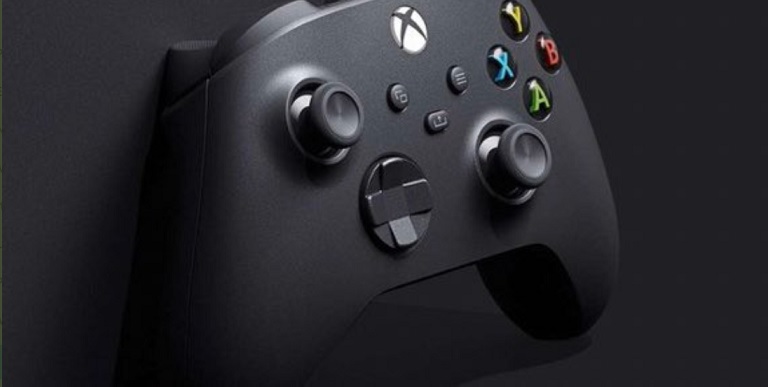
Microsoft has a long history of experimenting and innovating with the Start menu, one of the most iconic features of Windows. With the launch of Windows 11, that tradition continues, and it seems the company is ready to test new ideas to improve the user experience.
From app companion panels to layout experiences, Windows 11 strives to deliver a more functional and personalized interface, and what’s new this time is separating apps by categories. See how it works!
Read also:
Slow growth: Windows 11 is on less than 30% of PCs
Everything you need to know about Windows 11 adapted to the ARM architecture
How does category display work?
One of the latest changes seen in the Windows 11 beta is the introduction of a category layout for the “All apps” section. This new organization is intended to make it easier to navigate and access apps, and offers an alternative to the traditional layout, which requires a lot of scrolling and often wastes space.
Previously, Windows Last revealed the existence of a hidden “Categories” layout in the “All Apps” section. At that time, the colors appeared in the category blocks instead of the apps, but with the latest update to the Beta Channel, this layout is now partially working.
The main difference between the previous version and the current version is that some app icons now appear in each category box. The current design allows up to four icons per box, but there are certain limitations. Since apps are pre-selected for each box, some are partially filled, while others have stacked icons.
In most cases, these icons correspond to system or Microsoft apps, and clicking on them opens the app directly. But since designing four apps per category is not enough, each tile can also act as a subcategory. In theory, when you click on the tile, four more apps should be displayed, but this functionality is not yet fully functional in the beta version.
Reminder of live tiles in the start menu
The new design is very reminiscent of live tiles (or light tiles), a feature that was common in previous versions of Windows (primarily Windows 8, when it was introduced), but was removed in Windows 11.
Dynamic tiles can display notification counters and even partial content, bringing real-time information directly to the Start menu. It would be interesting to see Microsoft implement something similar to the new category layout, especially for notification-driven apps like social networks and emails.
In addition to the category layout, Windows 11 is also testing a grid layout for the “All apps” section. This design groups apps by their first letter, organizing them in a more compact and intuitive way. By grouping multiple apps under each letter, the grid layout promises faster and more efficient navigation, reducing the need for excessive scrolling.
Windows 11 news is not available yet
Currently, this new build is only being made available to select Windows Insider participants, which means it's still part of a series of tests.
These new layouts, whether in categories or grids, are expected to be available in the Windows 11 24H2 update, but nothing has been officially confirmed.
Additionally, the company is also testing features like an app-companion panel, which will allow you to check the app's stats without opening it, and the ability to expand the extra column on the side to make it easier to use the system across multiple screens.
source: Latest Windows

“Web geek. Wannabe thinker. Reader. Freelance travel evangelist. Pop culture aficionado. Certified music scholar.”









